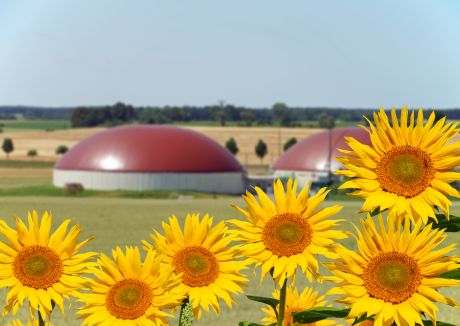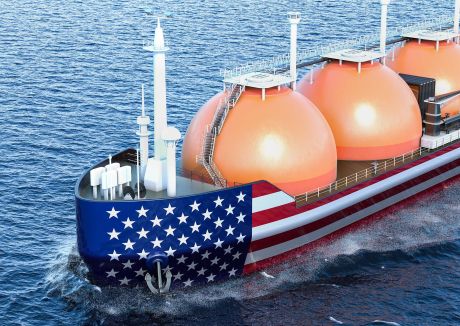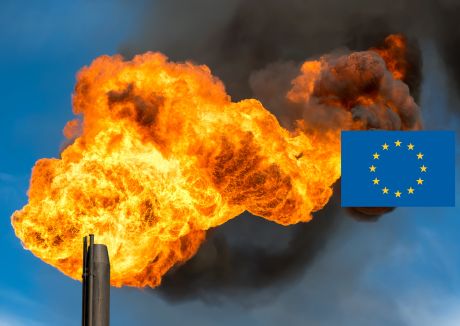The North Sea has recently been attracting significant renewed interest, leading to an influx of investment from private equity (PE) backed oil and gas companies. The level of interest in the North Sea is perhaps surprising given the maturity of the basin, the “low oil price environment” and the liabilities related to decommissioning that new investors may have to take on.
Notable examples of recent investment activity include Neptune Oil and Gas’s acquisition of Engie’s exploration and production assets for $3.9bn, Chrysaor’s acquisition of half of Shell’s North Sea production base for $3.8bn, and Siccar Point Energy’s acquisition of OMV group’s UK asset portfolio for $1bn. The common thread in these acquisitions is the role of PE in funding the transaction. Neptune Oil and Gas is backed by Carlyle Group and CVC Capital Partners, Chrysaor received a $1bn injection from EIG Partners and Siccar point is backed by Bluewater Energy and Blackstone. In the case of Chrysaor, EIG investing into the North Sea represented a move away from their historic investment focus which had been largely in North America with some step-out to South America and Sub Saharan Africa.
Buy side attractiveness – PE leading the way
Interestingly, it is not the oil price level itself but oil price stability that is considered paramount for investors. The recent price stabilisation has helped to close the valuation gap aligning seller’s expectations to buyer’s investment appetite thereby facilitating transaction success. Private equity deals are now being completed as vendors are willing to reflect realistic pricing coupled with innovations in deal structuring.
Tax reforms by the UK Government have further incentivised new investment in line with the Maximise Economic Recovery (MER) agenda following the Wood Review in 2014. In the 2015 and 16 annual budgets, the Supplementary Charge Tax (SCT) was reduced from 20% to 10%, and the Petroleum Revenue Tax (PRT), which was previously 50%, was scrapped altogether. Furthermore, looking to the future during the 2017 budget, the UK Chancellor of the Exchequer announced that an expert panel would examine ways of making it easier to buy and sell North Sea oil and gas fields, with the aim of keeping them in production for longer.
The recent oil price environment may have slowed capex investment and exploration and development activity, however operators and project partners have utilized the downturn to focus on cost optimisation. Reports suggest that operating costs are down between 40% and 60% on 2014 levels.
Sell side pressure – exodus of assets from the majors
Majors are under increasing pressure from shareholders to maintain profitability to ensure dividend flow to shareholders. Therefore, many have implemented aggressive divestment programmes to dispose of “non-core” assets to rationalise their existing portfolio, streamline business operations and cut operating costs. The most notable example of this is the ongoing $30bn global divestment programme by Shell following the acquisition of BG Group. The Chrysaor deal was part of this programme.
In addition, the majors are in the business of exploring for and developing world scale hydrocarbon resources rather than “squeezing the pips” from mature plays. As a result, their focus and capital is being allocated to mega-projects in frontier regions, leaving the North Sea to cash rich private equity backed players with a focus on incremental recovery and cost optimisation.
In theory, this is a great solution for everyone. Although the challenges of extracting value from late life assets are quite different to creating sustainable value from major international oil and gas developments, both groups will encounter significant risks to deliver real value to their shareholders. Only hindsight will tell us who the winners will be in this round of asset exchanges.
Gas Strategies is a global specialist professional services organisation providing commercial energy advisory services across all continents, through consulting, training and information services.
If you would like more information about how Gas Strategies can help your business with Consulting services across the value chain or provide industry insight with regular news, features and analysis through Information Services or help with people development through Training services, please contact us directly.









